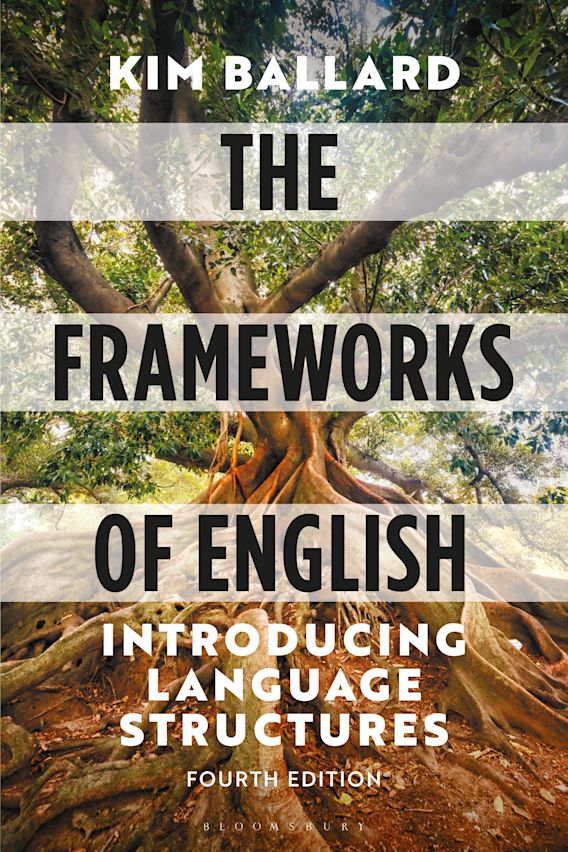


Are you sure you want to reset the form?
Your mail has been sent successfully
Are you sure you want to remove the alert?
Your session is about to expire! You will be signed out in
Do you wish to stay signed in?
Question 1 (Consolidate)
Transcribe the given words into the phonetic alphabet and then work out the syllable structure using the template below. (An example – prompt – has been provided.)
spend, scratch, quilts, clasp, tubes, swing
| syllable | |||||||
| onset (optional) | rhyme | ||||||
| peak | coda (optional) | ||||||
| consonant(s) | vowel | consonant(s) | |||||
| pre-initial consonant | initial consonant | post-initial consonant | V | pre-final consonant | final consonant | post-final consonant | (post-final consonant) |
|
| p | r | ɒ | m | p | t |
|
Answer
|
| syllable | |||||||
| onset (optional) | rhyme | |||||||
| peak | coda (optional) | |||||||
| consonant(s) | vowel | consonant(s) | ||||||
| pre-initial consonant | initial consonant | post-initial consonant | V | pre-final consonant | final consonant | post-final consonant | (post-final consonant) | |
| spend | s | p |
| e | n | d |
|
|
| scratch | s | k | r | æ |
| ʧ |
|
|
| quilts |
| k | w | ɪ | l | t | s |
|
| clasp |
| k | l | ɑː | s | p |
|
|
| tubes |
| t | j | uː |
| b | z |
|
| swing |
| s | w | ɪ |
| ŋ |
|
|
The onset (/sw-/) of the last example, swing, could also be interpreted as pre-initial /s/ followed by initial /w/.
Question 2 (Explore)
We saw in Chapter 10 how syllables can sometimes be reduced to a single syllabic consonant. There are other reasons why words can be reduced in terms of segments and syllables, especially in connected speech. Group the following examples together according to the type of reduction you identify, and comment on why these reductions might occur:
| full pronunciation | reduced pronunciation | |
| bacon | [beɪkən] | [beɪkn̩] |
| traveller | [trævələ] | [trævlə] |
| sixth form | [sɪksθfɔːm] | [sɪksfɔːm] |
| ordinary | [ɔːdənəri] | [ɔːdənri] |
| prism | [prɪzəm] | [prɪzm̩] |
| police | [pəliːs] | [pliːs] |
| distant | [dɪstənt] | [dɪstn̩t] |
| jumped | [ʤʌmpt] | [ʤʌmt] |
| rational | [ræʃənəl] | [ræʃnəl] |
| postmark | [pəʊstmɑːk] | [pəʊsmɑːk] |
Answer/discussion
All the examples show instances of elision. In three of the examples – bacon, prism and distant – schwa is elided and consonants become syllabic. Distant also shows how a syllabic consonant can be part of a consonant cluster, in this case [-n̩t]. Four further examples – traveller, ordinary, rational and police – also show the loss of schwa, but this time resulting in the reduction of the word by an entire syllable.
In the last three examples – sixth form, jumped and postmark – three-consonant clusters are reduced to two consonants. In the sixth of sixth form, [-ksθ-] reduces to [-ks-]. This cluster precedes [f-] at the start of the next syllable, so the reduction helps avoid a difficult four-consonant sequence of [-ksθf-]. Jumped and postmark both lose the central consonant of a three-consonant sequence, either within a single syllable (jumped) or across a syllable boundary (postmark).

.